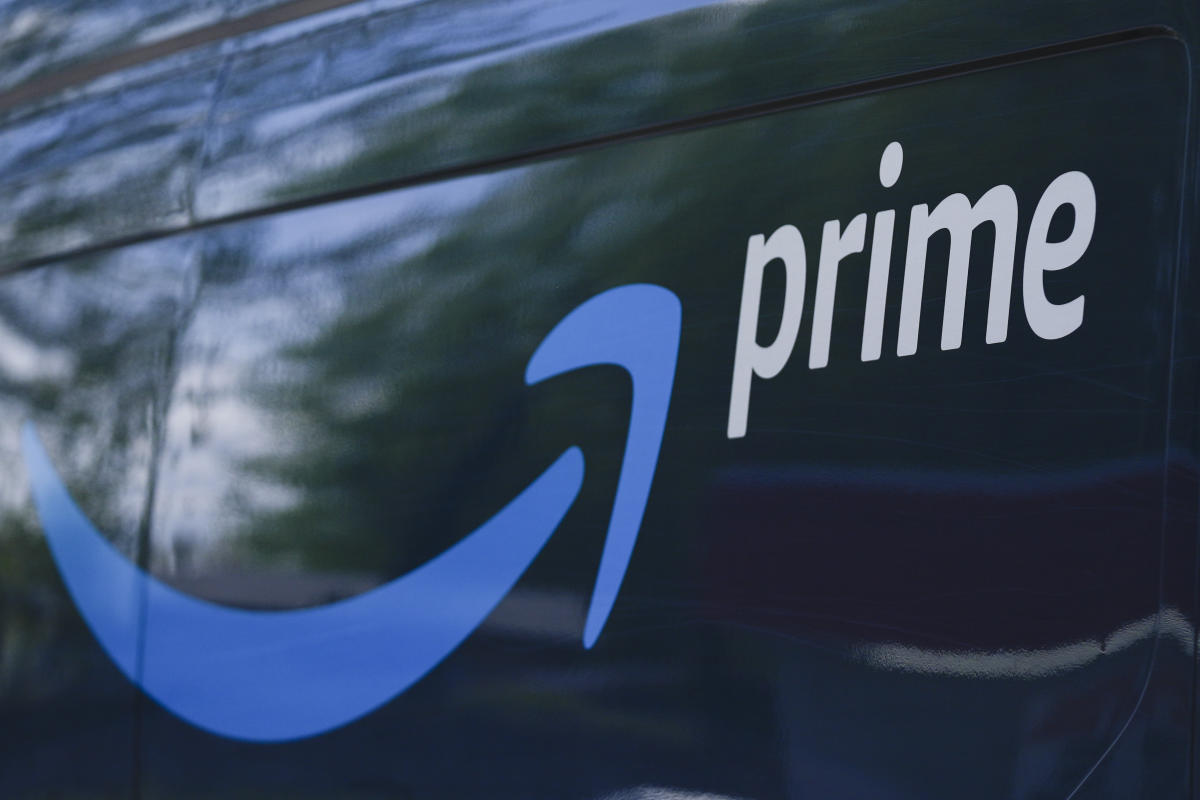Investors love to look at what Berkshire Hathaway holds public equities in its portfolio. Some of the biggest titles are well-known industry heavyweights, including Apple, Bank of AmericaAnd Coca-Cola.
But there is a much smaller position in a company that is perhaps even more dominant than any of those names I just mentioned. Buffett owns it worth $2.3 billion financial stocksrepresenting less than 1% of Berkshire’s entire portfolio.
After reporting another stellar quarter, is this company an obvious buy?
Business as usual
The company I’m talking about is Visa (NYSE:V). In the three months ended March 31 (Q2 2024), the company reported revenue of $8.8 billion and diluted earnings per share (EPS) of $2.29, figures above Wall Street estimates. Shares jumped 3% immediately after the announcement.
This turnover increased by 10% year over year. This development is explained by the 6% growth in Visa’s active card base. Additionally, payment volume increased by 8% compared to the second quarter of 2023. Once again, cross-border volume demonstrated remarkable strength.
What’s remarkable is how strong Visa’s results have been, despite what many see as an uncertain macroeconomic environment. In theory, higher interest rates, inflationary pressures and recession fears should discourage increased spending. Chris Suh, Visa’s chief financial officer, said on the Second Quarter 2024 Earnings Call that executives see “relatively stable volumes in the United States in credit and debit”.
We cannot talk about Visa without mentioning its profitability. In the second quarter, operating profit reached $5.4 billion, or 61% of revenue. Investors would be hard-pressed to find companies capable of surpassing this metric. This shows how lucrative running a payment network on such a scale can be. The technological infrastructure to process transactions is already built, allowing each transaction to generate high margins.
This setup helps explain why Visa generated $7.6 billion in revenue. free movement of capital during the first six months of fiscal 2024. Capital expenditures totaled only $548 million during this period, as only modest spending is required to maintain and grow the business. As a result, management can return billions of dollars to shareholders each quarter through dividends and buybacks.
Reward shareholders
Over the past 10 years, Visa stock has beaten the S&P500. The company has long been a winning investment for shareholders. Unsurprisingly, this is due to strong underlying fundamental performance, regardless of what kind of economic situation we find ourselves in.
It should come as no surprise that a company as financially successful and competitively dominant as this is trading at a premium valuation. The stock has a price-to-earnings (P/E) ratio of nearly 31. That’s a reduction from Visa’s 10-year average P/E, but it’s much more expensive than the P/E multiple of the S&P 500. . This could discourage value investors.
According to the average of analyst estimates, Visa…


